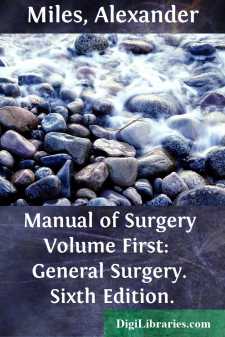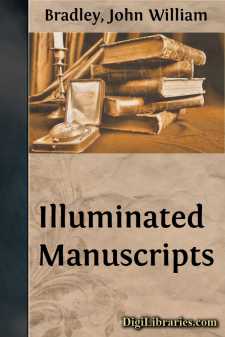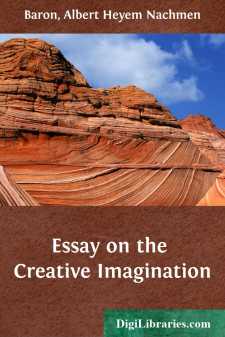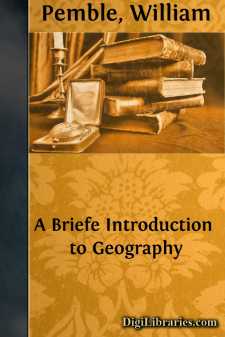Non-Classifiable
- Non-Classifiable 1768
Non-Classifiable Books
Sort by:
INTRODUCTORY Carpentry is the oldest of the arts, and it has been said that the knowledge necessary to make a good carpenter fits one for almost any trade or occupation requiring the use of tools. The hatchet, the saw, and the plane are the three primal implements of the carpenter. The value is in knowing how to use them. The institution of Manual Training Schools everywhere is but a tardy recognition...
more...
by:
Hugo Munsterberg
CHAPTER I THE OUTER DEVELOPMENT OF THE MOVING PICTURES It is arbitrary to say where the development of the moving pictures began and it is impossible to foresee where it will lead. What invention marked the beginning? Was it the first device to introduce movement into the pictures on a screen? Or did the development begin with the first photographing of various phases of moving objects? Or did it start...
more...
by:
Walter Crane
THE OLD YEAR being dead, and the NEW YEAR coming of age, wh: he does by Calendar Law, as soon as the breath is out of the old gentleman’s body, nothing would serve the young spark but he must give a dinner upon the occasion, to wh: all the Days in the year were invited. The Festivals, whom he deputed as his stewards, were mightily taken with the notion. They had been engaged time out of mind, they...
more...
by:
Alexander Miles
Introduction To prolong human life and to alleviate suffering are the ultimate objects of scientific medicine. The two great branches of the healing art—Medicine and Surgery—are so intimately related that it is impossible to draw a hard-and-fast line between them, but for convenience Surgery may be defined as “the art of treating lesions and malformations of the human body by manual operations,...
more...
CHAPTER I INTRODUCTORY What is meant by art?—The art faculty—How artists may be compared—The aim of illumination—Distinction between illumination and miniature—Definition of illumination—The first miniature painter—Origin of the term “miniature”—Ovid's allusion to his little book. The desire for decoration is probably as old as the human race. Nature, of course, is the source...
more...
AUTHOR'S PREFACE Contemporary psychology has studied the purely reproductive imagination with great eagerness and success. The works on the different image-groups—visual, auditory, tactile, motor—are known to everyone, and form a collection of inquiries solidly based on subjective and objective observation, on pathological facts and laboratory experiments. The study of the creative or...
more...
by:
Joshua Rose
CHAPTER I. THE DRAWING BOARD. A Drawing Board should be of soft pine and free from knots, so that it will easily receive the pins or tacks used to fasten down the paper. Its surface should be flat and level, or a little rounding, so that the paper shall lie close to its surface, which is one of the first requisites requisites in making a good drawing. Its edges should be straight and at a right angle...
more...
by:
William Pemble
CHAP. 1. A generall description and division of Geography. Topographie is a particular description of some small quantity of Land, such as Land measurers sett out in their plots. Chorographie is a particular description of some Country, as of England, France, or any shire or prouince in them: as in the vsuall and ordinary mappe. Geography is an art or science teaching vs the generall description of the...
more...
by:
Sara Cone Bryant
SOME SUGGESTIONS FOR THE STORY-TELLER Concerning the fundamental points of method in telling a story, I have little to add to the principles which I have already stated as necessary, in my opinion, in the book of which this is, in a way, the continuation. But in the two years which have passed since that book was written, I have had the happiness of working on stories and the telling of them, among...
more...
by:
C. Helene Barker
CAUSES OF THE PRESENT UNSATISFACTORY CONDITION OF DOMESTIC LABOR Ignorance and inefficiency in the home. Difficulty of obtaining women to do housework. The disadvantages connected with housework compared with work in factories, stores, and offices. IGNORANCE AND INEFFICIENCY IN THE HOME The twentieth-century woman, in spite of her progressive and ambitious theories about woman's sphere of...
more...











